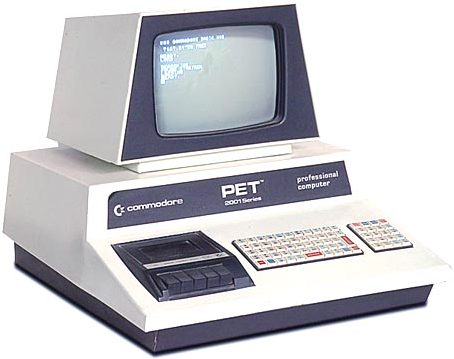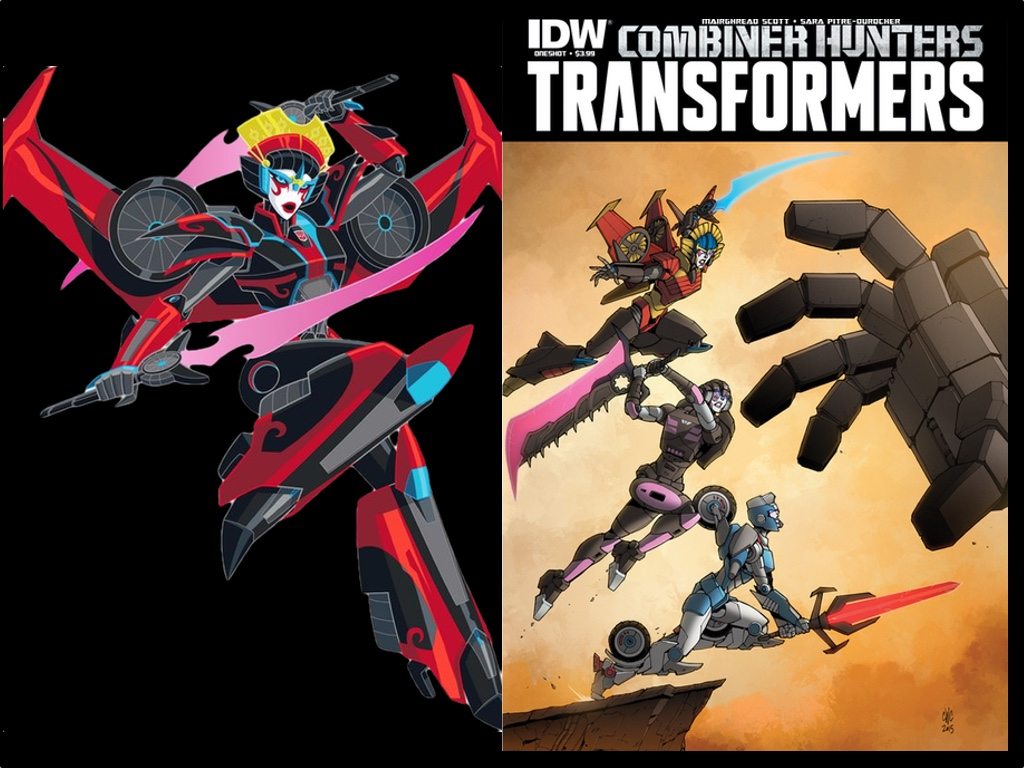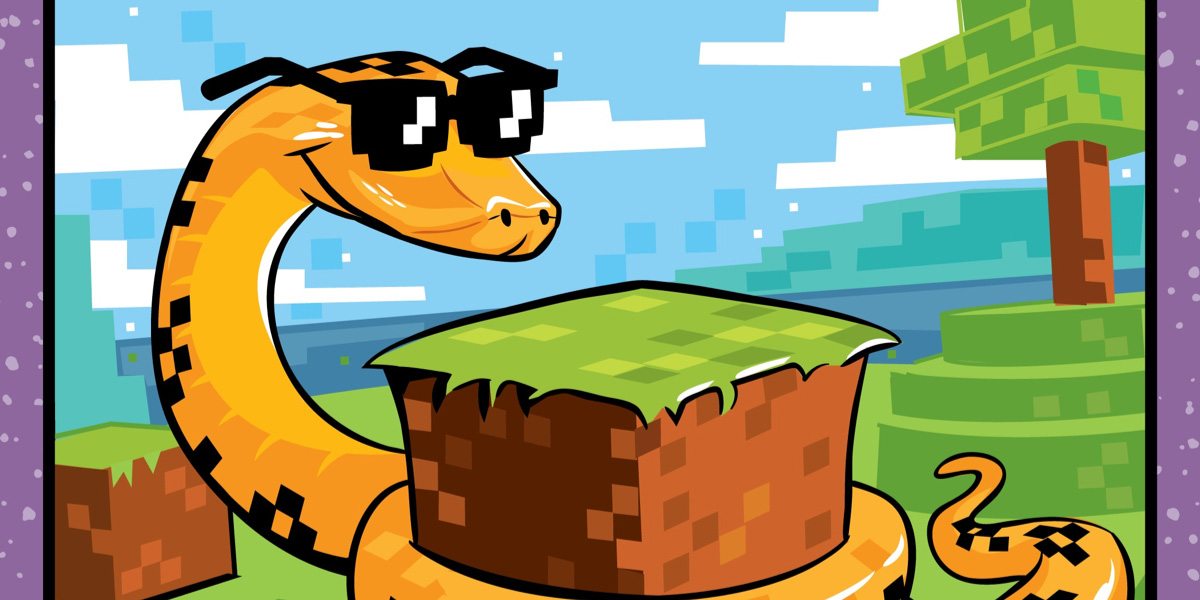I think it was fourth or fifth grade when I got my first real look at a computer. It was a Commodore Pet, complete with cassette tape loading of programs, the tiniest Chicklet-style keyboard around, and a small monochrome screen. Five minutes after seeing it in action and getting to play a game of Snake, I was hooked. From there my experiences grew as I got hands-on time with an Apple II and a TRS-80. I would beg my parents to take me to the computer stores that were beginning to pop up in the early ’80s, and my dad would bring home copies of Byte for me to read along with some early books on BASIC.

I consider myself very fortunate to have been a child during the early days of the PC industry. I remember seeing the PC clones appear, and I have a very special memory of my dad almost purchasing an Apple II clone called the Peach. Thankfully Dad held off and waited until 1984 to bring home the very first Macintosh — that computer, along with a copy of MacWrite (and MacPaint) had probably the single biggest effect on my interests and my career. It’s safe to say that I’m a child of the ’80s and will always have fond memories of the amazing advances that were made during those roller coaster years of the computer revolution.
For many years now, I’ve collected books that cover the computer revolution. Every few years, I break out these books and re-read them. They never get old. If you’ve never read Steven Levy’s Hackers, that’s your place to start. In my opinion, it is THE book to read for understanding the major players and developments from the ’50s through the ’80s. Another stand-out is Tracy Kidder’s Soul of a New Machine — while it’s a more focused story on one particular computer company in the early ’80s, it’s probably one of the best in-depth examinations of the individuals and attitudes facing similar companies who were making leaps in technology faster than it could be documented. And for you Apple fans, if you’ve never read Revolution in the Valley, the story of the development of the first Macintosh, you’re really missing out; the behind the scenes commentary, stories, photos, and other saved bits of history concerning working with Steve Jobs and the crew that developed the first Mac make you feel like you were there, lurking in the background.
All of this computer history has been on my mind lately for one reason — if you’ve not caught any of the new AMC series, Halt and Catch Fire, you might want to give it a look. (Not sure about your area, but currently episodes 1-4 are available with On Demand on Charter cable.) With 10 episodes ordered by AMC, the story is half done, with new episodes shown on Sunday nights and re-run through the week.
It’s a fictional story, yes, but it offers such authenticity. The story follows The Visionary, ex-IBMer Joe MacMillan, as he finds new employment in Dallas, TX, with an electronics and software company called Cardiff Electric. Joe sees the future of computers, and he’s got some hidden motives that involve a co-worker, hardware engineer Gordon Clark. If you’re getting vibes of Jobs and Wozniak, that’s exactly what I believe the writers are going for… and they pull it off. Joe finds a renegade coder in the form of student Cameron Howe; she’s smart, cocky, and totally disrespectful… and she’s given the job of creating the BIOS for a new IBM PC-compatible computer that Joe and Gordon want to build.
The show is a drama, so there’s obviously a lot of character building going on… but I’m just enjoying the buildup as the company begins to go through some turmoil as IBM decides to come after the group and shake things up. I’m loving watching the engineers and the software team talk the talk, trying to come up with innovations to match what Joe is selling to the media and financial backers. I was having flashbacks of my first Machine Language coding class so many years ago as Joe and Gordon reverse engineered the BIOS chip from a PC. It’s fun to hear references to running Lotus 1-2-3 and WordStar, the text game Adventure, and other geek culture references.
I suspect the show’s writers have read Soul and Revolution and Hackers… those books didn’t ignore the personal lives and other drama going on in the real world, and neither does HCF. Just as the books are much more interesting with the personal information, so is the show.
To be honest, I don’t have a lot of hope for HCF — ratings aren’t Walking Dead great, and AMC has cancelled other shows with similar ratings. But I’ll take what I can get, while crossing my fingers that AMC might give HCF a second season just to see if an audience can be found. If not, I do hope that the writers will be able to wrap-up the show by Episode 10 if they believe the end is near — AMC never gave the writers of Rubicon a chance to wrap things up, and I’ve still not forgiven AMC for that decision.
If you have any interest in the history of the computer revolution, you’ve got a lot of material available to reference, both fiction and non-fiction. I’d love to hear from GeekDad readers about your experiences with computers — what was your first? Any unusual computers out there? What language did you first learn to program? What were some of the early computer games you played? And, of course, any good books to recommend?








Thanks for the tromp down memory lane! My first exposure to computers was ALSO on a Commodore PET in elementary school, circa 1979. A year of getting to explore what it had to offer inevitably lead me to BEG my parents for the VIC-20, and on my 10th birthday in 1981, I got one. I, too, feel very fortunate to have grown up being able to watch how the computer industry has unfolded. Thanks for the book recommendations. Strangely enough, I haven’t read ANY of those, so I can’t wait to pick them up and get my nostalgia on. =)
I am so jealous that these are new books for you — I wish I could read them again without knowing it already. The stories are just amazing.
Cardiff
Good catch—thanks! It’s been fixed.
Some books:
iWoz (Steve Wozniak)
Business is War (Atari before Tramiel)
CoCo: The Colorful History of Tandy’s Underdog Computer (Tandy Color Computer)
Commodore: A Company on the Edge (Commodore)
The Home Computer Wars (Commodore)
The Future Was Here (Amiga)
Thank you, Tim. I’ve read a couple of those, but some are new!
The Cuckoo’s Egg by Clifford Stoll. It is his first hand account of the hunt for a computer hacker at Lawrence Berkeley National Laboratory. Another good read is Grace Hopper and the invention of the Information Age by Kurt Beyer.
My first “computer” was a TI 58 programmable calculator quickly followed by a TI 99/4A. I taught myself Basic and never looked back.
First game was Adventure on a PDP 11 in college. I still play around with a virtual machine with Unix 6. I believe it was, and still is, the highest form of the art in operating systems to this day.
Eric, I read Cuckoo’s Egg in college and enjoyed it. I loved the intrigue, especially with the creation of the honeypot. Good story, and thanks for reminding me about it.
Visit Paul Allen’s Living Computer Museum in Seattle. You will love it. Although the museum is not very big, but almost all the big players from mainframe, MAC, to PC are there and still working!
If I can ever get out that direction, it’s on my TO DO list. Thank you!
I learned BASIC by hanging out in radio shack and typing in programs from their books (holiday season was good as the salesman were too busy to chase me off 🙂 I remember “hacking” a Pet at COSI museum to print strange phrases repeatedly.
I bought a Vic20 which was surprisingly cheap and made for great learning, though loading games from tape was a pain. I bought a memory cartridge to expand it from 4k to 8k (this was before the mighty Commodore 64!) I also got an assembler cartridge so my uncle could teach me some assembly programming.
Later convinced my Dad to buy an Apple IIc – portable! though it never left home. I typed up school papers with impressive cover pages. When we got a modem, my dad thought about the 1200 baud, but it was twice as much as the 300 baud, so I dissuaded him (I wanted a better printer) which was a mistake – watching text slowly appear from CompuServe was a bit painful. I tught my mom to use a spreadsheet on there and she did the church festival’s finances on it for more than a decade.
Great trip down memory lane! Similar background as you in encountering Commodore PETs in Grade 9 and then getting an Apple ][, writing and publishing games in Nibble magazine. Fun times!
Another book that I’d recommend but seems to be long out of print is “Software People: An Insider’s Look at the Personal Computer Software Industry” by Doug Carlston, cofounder of Broderbund. Lots of interesting stories of early software publishing and game developers.
Sounds cool — thank you, Glenn… looking for it today!
I don’t know what it was, but the first computer I played with was a friends with the cassette tapes. We ran a program the drew the tangents on a circle and you could specify how many you wanted. We gave it a million to draw and left it for hours and it never finished.
I wrote my first program on an IBM PC Jr when I was around 12. In High School I took a programming class on the TRS 80-II.
Another couple of books are “Microserfs” which is not so much about building computer or innovation but about the culture of working for a software company in the early 90’s.
Thanks, Jim… read Microserfs years ago, but forgot about it. Thanks for reminder. Might try to find a used copy for my shelf.
You might want to try The Universal Machine for a broader view of computing history from Victorian times to the present day and beyond.
Will do — sounds great!